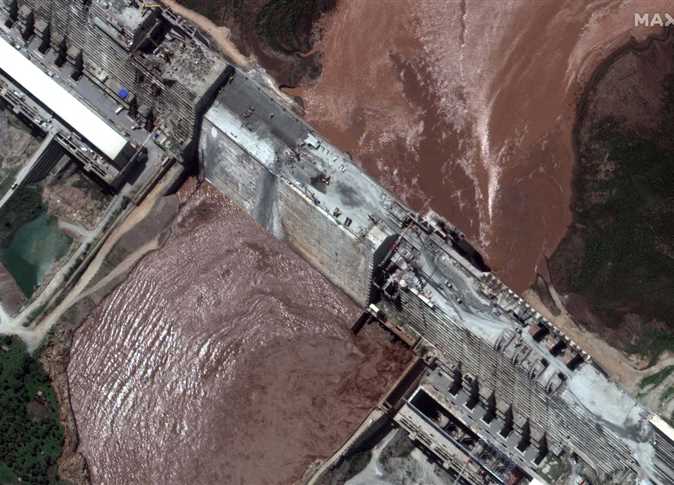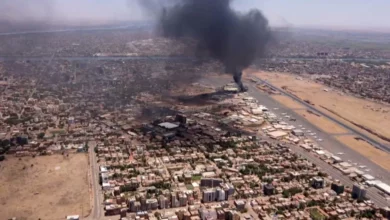
Egypt, Sudan and Ethiopia on Saturday are set to resume negotiations in the Congolese capital of Kinshasa on the filling and operating of the Grand Ethiopian Renaissance Dam (GERD) after a two-month halt.
The technical committee meetings on Saturday are being held under the invitation of the African Union, while ministerial meetings will start on Sunday.
The Ethiopian News Agency reported that Ethiopia’s Minister of Water, Irrigation and Energy Seleshi Bekele as saying that negotiations will resume with the participation of the foreign ministers and the ministers of water and energy affairs from the three countries.
He added that experts and observers from the African Union will participate in the negotiations, and reaffirmed his nation’s commitment to “principled, equitable and reasonable utilization without causing significant harm” to the downstream countries.
Ethiopian ambassador to Cairo Markos Rike said last week that negotiations aim to reach a satisfactory agreement for all parties under the auspices of the African Union.
In response to President Abdel Fattah al-Sisi’s Tuesday statements, Rike assured that Addis Ababa is focused on negotiations and is working to resolve disagreements in a peaceful manner.
“We do not threaten anyone… We have never threatened, and our dialogue is very rational, and very patient, but nobody will take a drop of water from Egypt, otherwise, there will be a state of unimaginable instability in the region,” Sisi said.
The latest sessions for negotiations in January have been fruitless. Egypt on January 10 said that the recent sessions of GERD negotiations have failed once again due to differences on how to resume talks and of the procedural aspects related to managing the negotiation process.
Egypt and Sudan say they want legally binding agreement on filling and operating GERD, while Ethiopia on the other side trying to evade and binding agreement.
The three parties have held several rounds of negotiations over the past decade, but have ultimately failed to reach an agreement.
The construction of the dam, which began in 2011, is considered to be one of Egypt’s most serious water issues.
Egypt, which relies considerably on freshwater from the Nile, has voiced fears that the GERD would negatively impact the country’s water supply, and has insisted that measures be put in place to protect downstream countries in case of drought during the dam’s filling process.
Ethiopia, on the other hand, has stressed the importance of the project to bolster its economy, where more than half of the population currently lives without access to electricity.




